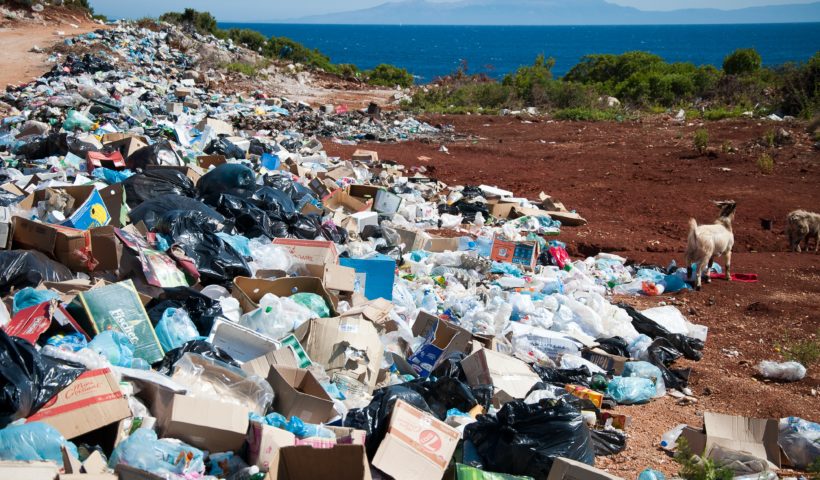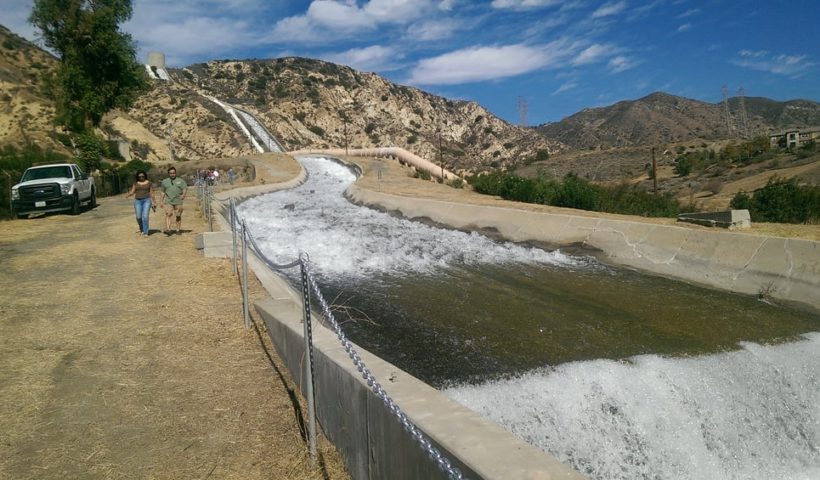In an industrialized world, it seems impossible to live without plastics. From food storage to aircrafts, plastics provide benefits that make them an irreplaceable material. However, a consistent increase in plastic production and use has led to a massive plastic pollution crisis. Plastics are produced from non-renewable resources and can never fully decompose. They end up in our oceans, our environment, and even our stomachs (a credit card’s worth per week). Additionally, the massive amount of plastic waste has created a global plastic trade that unfairly places the burden of waste processing on less developed countries that may not be able to support even their own waste. The effects of plastic pollution are reaching a critical stage, and engineers must find solutions to relieve the growing pressure.
View More A Credit Card a Week: The Environmental Ethics of PlasticsTag: Chemical Engineering
The Frozen-Undead: Ethical Implications of Suspended Animation and Cryonics
With the speed of advancement in research and technology, once unrealistic medical procedures and treatments have now started to become a reality. Suspended animation and cryogenics are some of these futuristically imagined ideas. The idea behind suspended animation involves the process of slowing down an organism’s metabolism to an extremely low rate. This puts the organism in a state called the “frozen-undead.” The goal is to revive them back to a normal, stable condition in the future. This process could potentially provide more time for patients in critical condition who cannot be saved by current medicine. However, there has been growing debate about the research and use of suspended animation and cryonics on human subjects. This paper focuses on the ethical implications of continuing this research and critically examines different viewpoints towards freezing organisms.
View More The Frozen-Undead: Ethical Implications of Suspended Animation and CryonicsEthics of Decisions Behind the Los Angeles Aqueduct
Moving water from outside a city in for its residents is a challenge in growing metropolitan areas, and engineers are needed to create the systems and structures and to oversee the work. Engineers often go far away to get water, and transporting it can be difficult and expensive. In the early 1900’s, Los Angeles needed its engineers to move water into the drying city. They chose to take water from the Owens Valley, a water-rich valley high in the Sierra Nevada Mountains. The engineers did so in a legal way, although it was not done in a highly ethical way. This paper will argue that the way the Los Angeles aqueduct project was done was highly unethical. It uprooted a whole area forcing farmers and families to leave their lands. It was hard on the local ecology, drying up the Owens Lake. And it has greatly changed the landscape of Southern California. The engineers on the project used underhanded means when the water could have been procured in an ethical manner.
View More Ethics of Decisions Behind the Los Angeles Aqueduct


